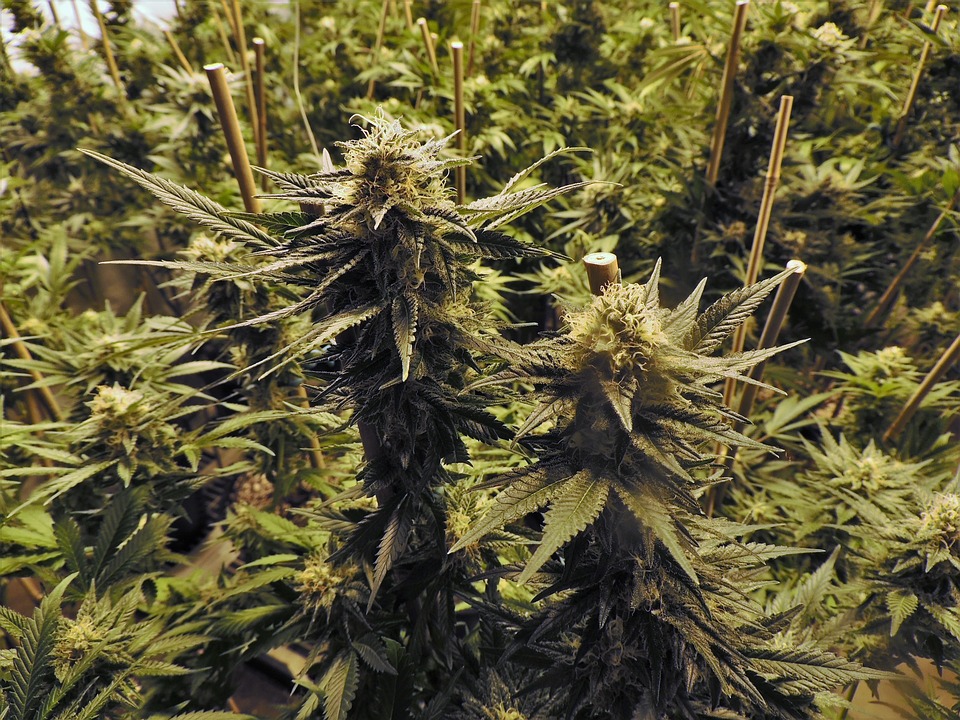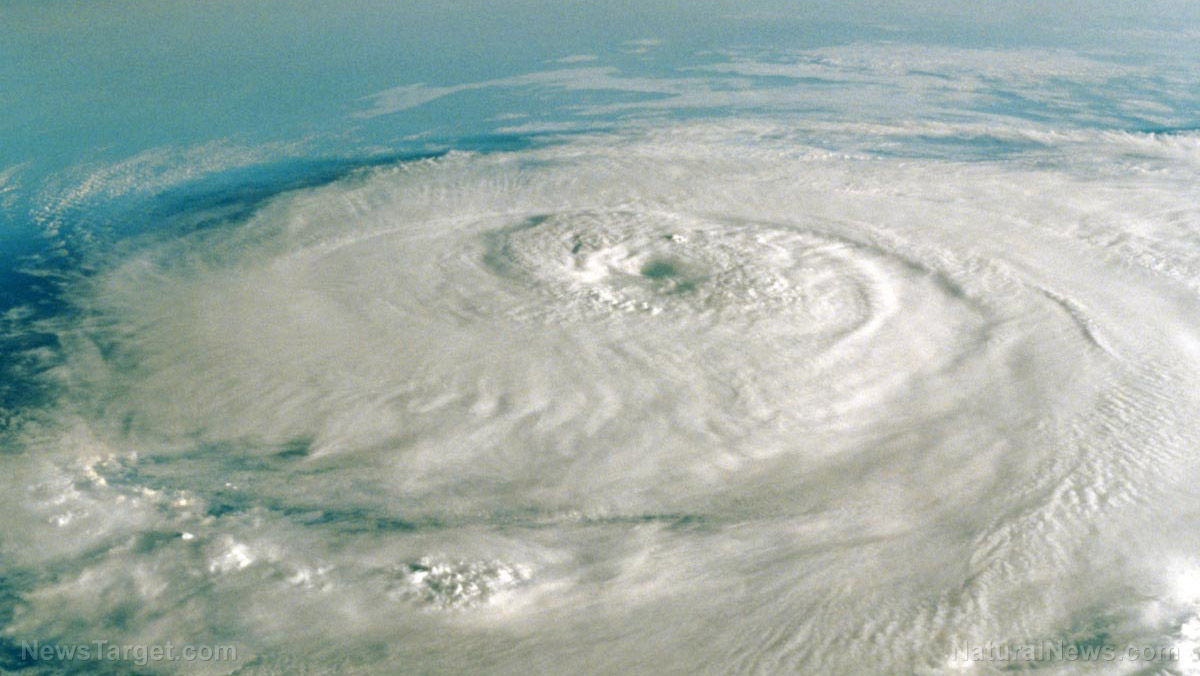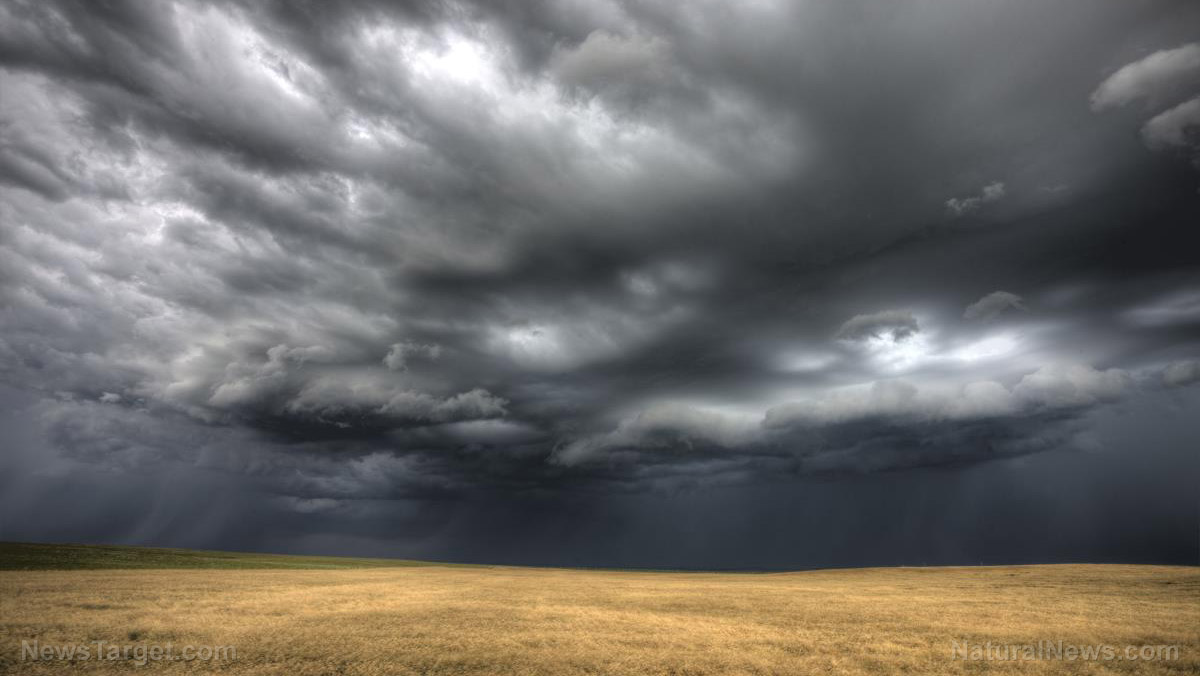
Advertisement
Illegal marijuana farms in California have left acres of land so contaminated with toxic chemicals and fertilizers that a quarter-teaspoon could kill a bear. Already five law enforcement officers have been sent to the hospital for severe skin rashes and respiratory problems. This, after just touching a polluted area. Government officials say that the situation is worse than they feared and are worried that should nothing be done to rectify this crisis, a biological catastrophe similar to the Elk River disaster in 2014 is imminent. The West Virginia emergency left more than 300,000 residents without access to potable water because of chemicals that were spilled in the tributary.
Local officials have said that California accounts for more than 90 percent of the illegal marijuana farming in the country, despite the state being one of the first to legalize the medicinal herb’s use. Yet California’s land is vast and deep, with regions that are hard to get to or monitor. Unintentionally, the state became a pot grower’s haven.
Members of the U.S. Forest Service told Reuters that illegal growers use long-restricted liquid fertilizers like zinc phosphide. Their indiscriminate use of the chemical has damaged the surrounding environment, creating wastelands of entirely unlivable areas. Expert ecologist Mourad Gabriel has calculated that within federal lands in California, there remains 731,000 pounds of solid fertilizer, 491,000 ounces of concentrated liquid fertilizer, and 200,000 ounces of toxic pesticides. This translates to California’s forests holding 41 times more solid fertilizers and 80 times more liquid pesticides than what investigators noted in 2013. Even among sites that were supposedly cleaned up completely, preservationists say that around 30 to 50 percent of trace chemicals remained.

Assistant U.S. Attorney Karen Escobar, who heads a Fresno office that deals with the environmental damage caused by illegal marijuana farming, described these areas as “superfund sites.” Superfund sites are zones targeted by the U.S. government for hazardous waste that could harm humans or the environment. In California, it is estimated that there are approximately 639 illegal superfund sites/marijuana farms. Each farm spans around 50 acres.
Local officials say that it would take around $100,000 to clear away each of the most toxic zones in the state. This could add up to a total bill of more than $100 million.
Gabriel projects an even bigger amount. He states that thousands of illegal growers stay on a specific farm (either on private or tribal land) for only a year or two before abandoning these sites. The only traces are found in the soil and in the degradation of plant and animal life. Authorities would have to conduct extensive searches to pinpoint all of these contaminated areas. (Related: Marijuana growers are decimating California’s ecosystem, killing fish, destroying forests and draining streams.)
The Californian government is taking steps to regulate the use of these toxic fertilizers. Nevertheless, they admit that these rules can only be enforced among those who cultivate marijuana legally.
Supervisor of Trinity County Keith Groves says that are roughly 4,000 illegal growers in the region. “I’ll be happy if we can get 500 of them to become licensed,” he said.
As to why this number is so large, Washington Fish and Wildlife Deputy Chief Mike Cenci says that “there are a lot of incentives for continuing to grow illegally.” Cenci referred to the state’s strict taxes and red tape policies which could have discouraged marijuana growers to follow the law.
Read more stories like this on CBDs.news.
Sources include:
Submit a correction >>
This article may contain statements that reflect the opinion of the author
Advertisement
Advertisements















